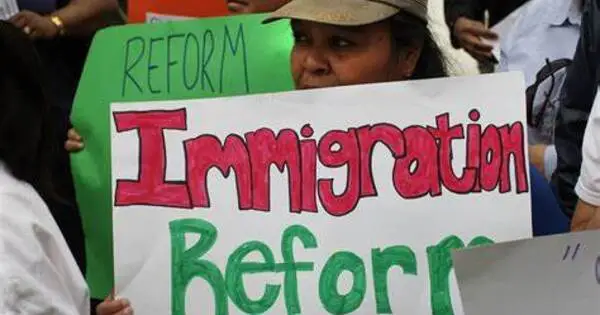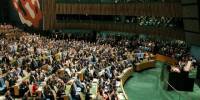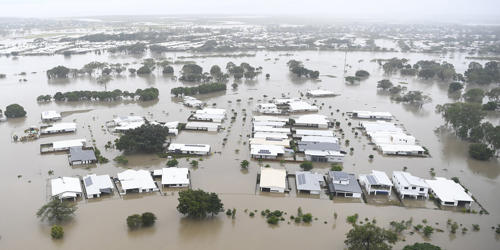Immigration reform is a change in a country’s current immigration policy. Changes to a country’s immigration policies and laws with the goal of addressing various aspects of immigration, such as border security, visa processes, pathways to citizenship, and the treatment of undocumented immigrants, are referred to as immigration reform.
Reform, according to its strict definition, means “to change into a better form or condition by amending or removing faults or abuses.” In a political sense, “immigration reform” can refer to both increased, expanded, or open immigration and reduced or eliminated immigration. It is frequently a complicated and contentious issue with significant social, economic, and political ramifications.
Immigration reform is a contentious political issue in some countries. Significant portions of the electorate had grievances about immigration law and free movement of people into the UK from the EU, which influenced the United Kingdom’s decision to leave the European Union.
Different countries around the world face unique immigration challenges, and their approaches to reform can vary widely. Here are some common areas that immigration reform might focus on:
- Pathways to Citizenship: One aspect of immigration reform involves creating or revising pathways for immigrants to become citizens. This might include adjusting requirements, such as language proficiency, length of residency, and passing certain tests.
- Undocumented Immigrants: Addressing the status of undocumented immigrants is often a central concern in immigration reform. This could involve providing a path to legal status or citizenship, or implementing policies to address their presence in the country.
- Visa Programs: Immigration reform can also impact various visa programs, including temporary work visas, family reunification visas, and refugee/asylum programs. Changes to these programs can affect the overall makeup of the immigrant population.
- Labor Market Needs: Some immigration reform efforts focus on aligning immigration policies with the labor market needs of the country. This might involve adjusting quotas for certain types of workers, such as skilled professionals or agricultural workers.
- Humanitarian Considerations: Many countries include provisions in their immigration reform efforts to address the needs of refugees and asylum seekers. This could involve streamlining asylum processes or increasing support for refugee resettlement.
Immigration reform can have economic consequences because immigrants contribute to the labor force and the economy. Reform efforts may be aimed at attracting skilled workers to fill labor shortages or to stimulate economic growth. It can be a contentious issue, with varying degrees of public support and opposition. Policymakers must frequently navigate these emotions while crafting comprehensive reform.
Immigration policies can also have an impact on a country’s relations with other countries, particularly when it comes to refugee crises and diplomatic agreements. It is a multifaceted and dynamic process, and its success is frequently dependent on striking a balance between competing interests and concerns. To develop a well-informed and effective reform strategy, policymakers must consult with stakeholders, experts, and affected communities.
















